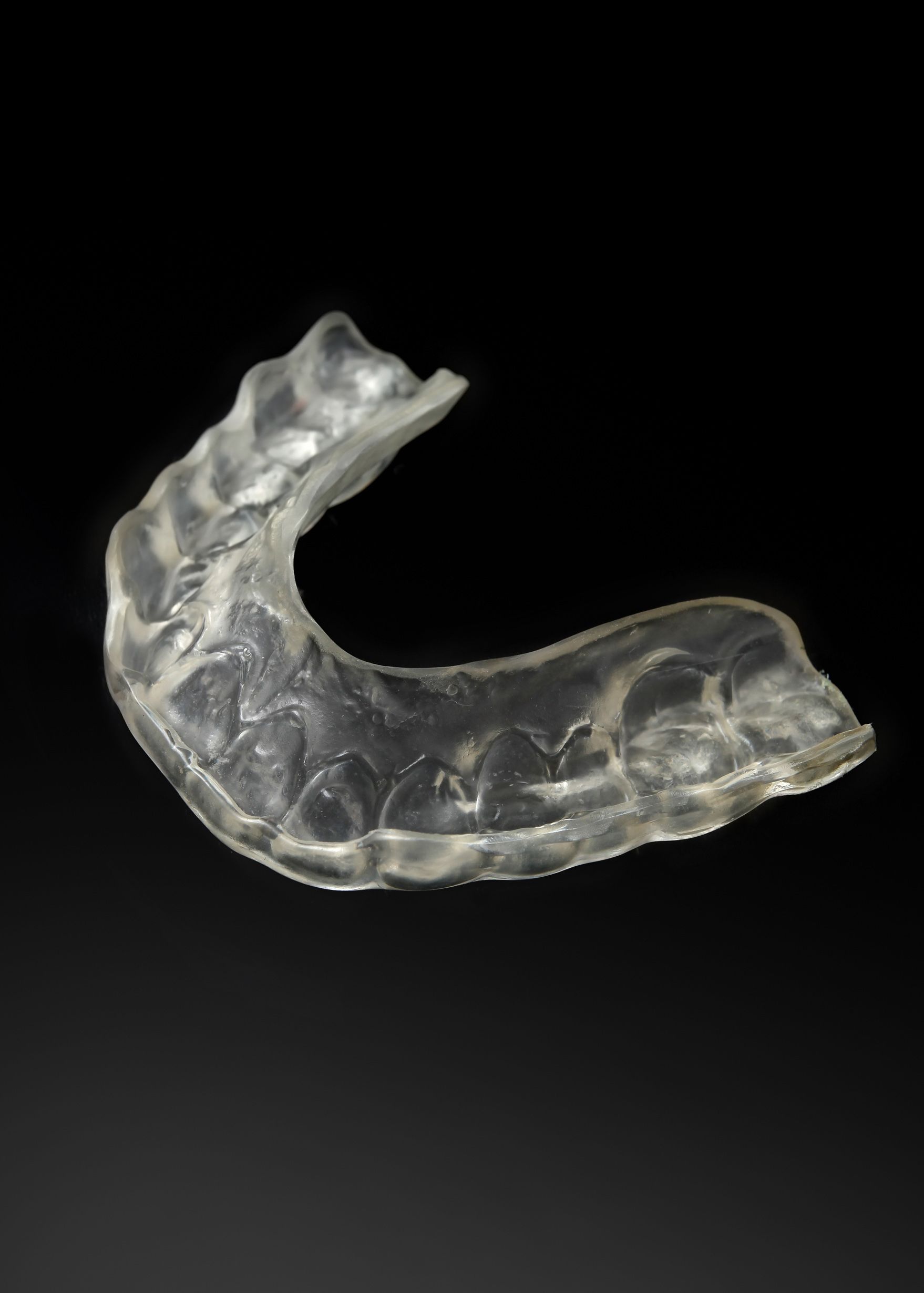How Dental Mouth Guards Can Protect Your Smile
 Here at Nordhus Dentistry, we have solutions that are restorative as well as preventative. This approach to dentistry allows patients to be proactive about their dental health, and allows us to help patients have multiple options for having a healthy smile. It's what's made us a leading dental health center in Wichita.
Here at Nordhus Dentistry, we have solutions that are restorative as well as preventative. This approach to dentistry allows patients to be proactive about their dental health, and allows us to help patients have multiple options for having a healthy smile. It's what's made us a leading dental health center in Wichita.
One of the more common general dentistry and preventative care appliances that we create is a dental mouth guard. It has many applications, as you're about to see.
What Is a Dental Mouth Guard?
In basic terms, a mouth guard is a protective retainer that is worn on the top and bottom rows of teeth. There are different kinds of mouth guards available that help address the specific dental care needs of a patient.
There are three common reasons why mouth guards are made: sports needs, to address teeth grinding, and to address TMJ disorders. Let's examine each individually.
Mouth Guards for Athletes in Contact and Combat Sports
People who play contact sports and combat sports run a greater risk of experiencing injuries. Dental injuries can be especially serious in sports that involve contact to the head or blows to the face. By wearing a mouth guard during competition, injury and tooth loss can be prevented.
Mouth guards are common in the following types of contact and combat sports:
- Football
- Hockey
- Rugby
- Lacrosse
- Boxing
- Wrestling
- Mixed martial arts (MMA)
As you may have noticed, people who play basketball and soccer also wear mouth guards. This is to prevent dental injuries that may occur from incidental or accidental contact, such as stray elbows or being struck by a ball in the head/face.
Mouth Guards for People Who Experience Teeth Grinding (Bruxism)
Teeth grinding involves the gnashing of teeth, the shifting of the teeth, the clenching and movement of teeth against each other. This occurs during sleep when the teeth are unable to find a proper relaxed position. Teeth grinding is often linked to excessive stress, the use of certain drugs or medications, medical conditions such as Parkinson's, and poor dental alignment.
A mouth guard for teeth grinding prevents direct contact between the upper and lower teeth. By maintaining space between teeth, we prevent tooth injuries and various degrees of wear and tear. Mouth guards also help protect the jaw joint and the muscles of the face, neck, and skull.
Mouth Guards for People with TMJ Disorders (TMD)
The temporomandibular joint (TMJ) is one of the most complicated joints in the human body. It is located at the juncture between the cranium and the lower jaw, making many movements and interacting with various muscles in order to allow chewing, biting, speaking, and making facial expressions. Injuries to the jaw, persistent teeth grinding, and arthritis can also cause TMJ disorders to occur. You may know TMJ disorders most by the locking, clicking, pain, and popping associated with the condition.
Since TMJ disorders can be caused by teeth grinding, a mouth guard is a common part of the treatment process. It will help alleviate the stress on the jaw while other therapies attempt to directly address the cause of the jaw problem itself.
Learn More About Mouth Guards
For more information about mouth guards and how they can help you have a healthy and well-protected smile, be sure to contact our cosmetic and restorative dentistry center today. The team at Nordhus Dentistry will work closely with you to enhance your smile.


